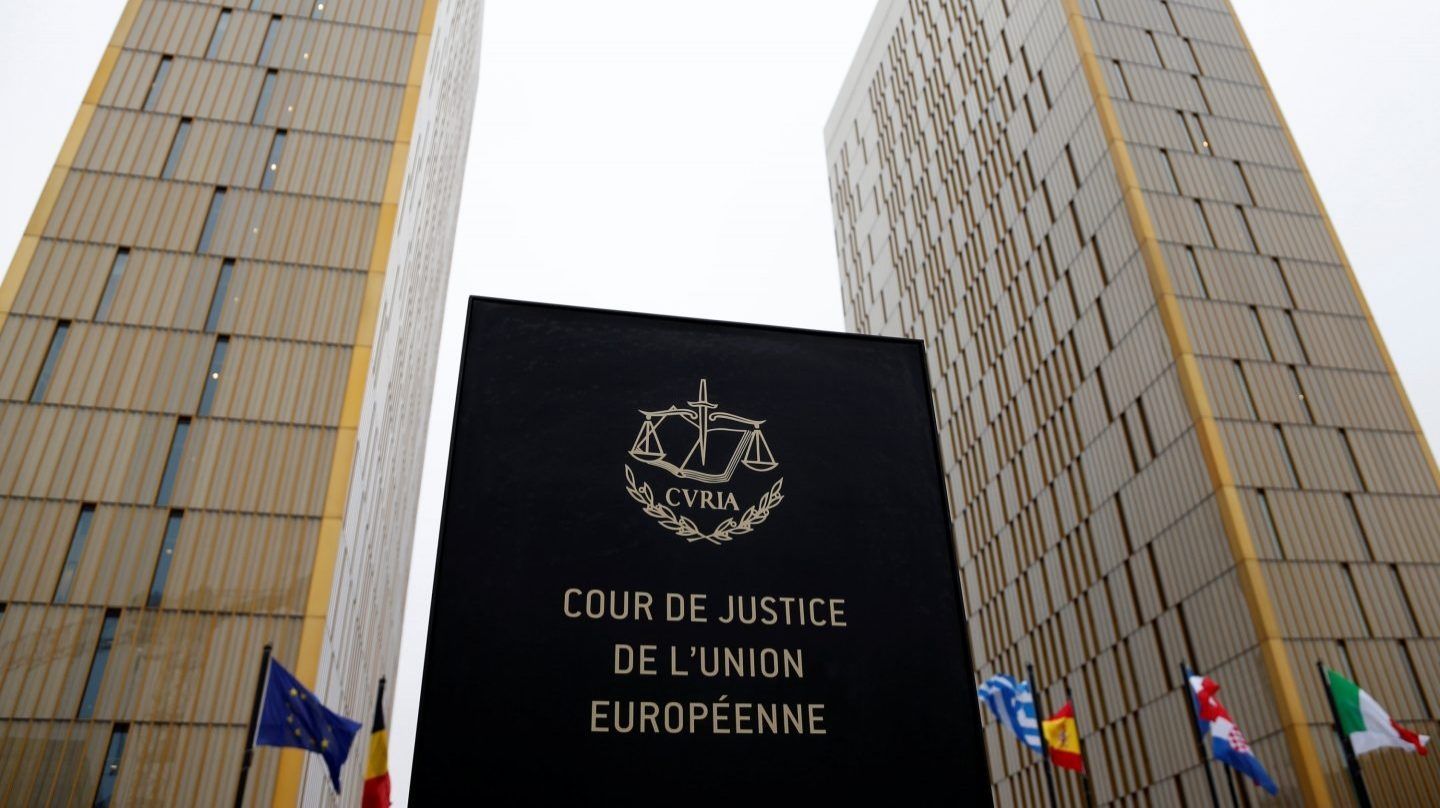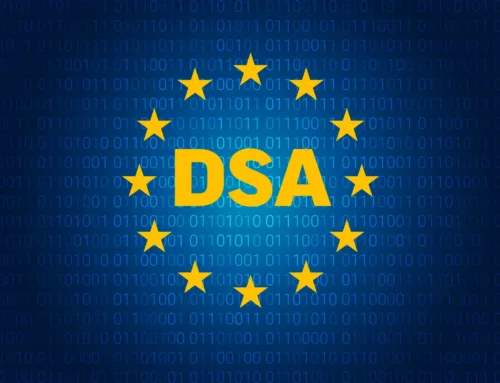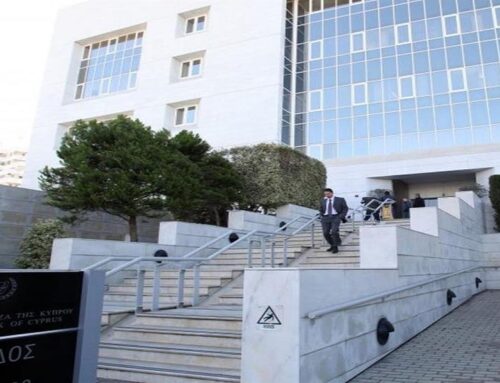Press and Information Unit curia.europa.eu 8/9/22
If the loan contract cannot exist without that clause, it must be declared null and void
In Poland, several consumers took out Swiss franc (CHF) denominated mortgages for the purchase of real estate. In essence, those loans were registered in CHF and made available to consumers in Polish zlotys (PLN) with the buying rate for CHF to PLN being used as the conversion price. By contrast, when the monthly loan installments were repaid, the conversion price was the selling rate for CHF to PLN.
Those consumers brought actions before the District Court in Warsaw-Śródmieście for a declaration under the Unfair Terms in Consumer Contracts Directive that the terms relating to the above-mentioned conversion mechanism, which formed an integral part of their respective loan contracts, were unfair. That court seeks to ascertain whether the directive precludes national case-law according to which the national court may, after having found that an unfair term contained in a consumer contract is void and that the contract as a whole is void, substitute the void term either by interpreting the parties’ wishes or by applying a supplementary provision of national law to the void unfair term, even though the consumer does not wish to maintain the validity of the
contract.
In addition, the Polish court asks the Court whether, in the context of the removal of an unfair term, the national court may limit itself to removing the effectively unfair part of the term or, on the contrary, must remove the term in its entirety. Finally, the Commission would also like clarification on the starting point of the limitation period for the consumer’s right to reimbursement following the removal of an unfair term.
In today’s judgment, the Court, in the first place, notes that the exceptional possibility for the national court to replace an unfair term which has been declared void with a supplementary national provision is limited to cases where the removal of that unfair term would oblige the court to declare the contract in question void in its entirety, thereby exposing the consumer to particularly harmful consequences. However, where the consumer has been informed of the consequences of the annulment of the contract in its entirety and has consented to such an annulment, the condition that the annulment of the contract in its entirety would expose him or her to particularly detrimental consequences does not appear to be met. Consequently, the directive does not permit the application of national case-law according to which the national court may, after having found that an unfair term contained in a consumer contract is void and that the contract in its entirety is void, replace the void unfair term with a supplementary provision of national law, even if the consumer objects to such a solution.
Communications Directorate
Similarly, the directive does not allow a judicial interpretation to be substituted for an unfair term which has been annulled, as national courts are only required to set aside the application of an unfair term, without being empowered to revise its content. In the second place, the Court notes that the directive precludes national case-law which allows the national court to remove only the effectively unfair part of a term while leaving the rest of the term in force, where such removal would be tantamount to revising the content of that term by affecting its substance. In the third place, the Court has held that a limitation period relating to the consumer’s rights may be compatible with Union law only if the consumer had the opportunity to know his or her rights before that period began to run or expired. The imposition of a limitation period on a claim for restitution brought by the consumer following the removal of an unfair term which begins to run from the date of each payment made by that consumer, even though the consumer was not aware, on those dates, of the unfairness of that term, is not such as to afford the consumer effective protection. It follows that Union law precludes national case-law which allows such a practice.





















